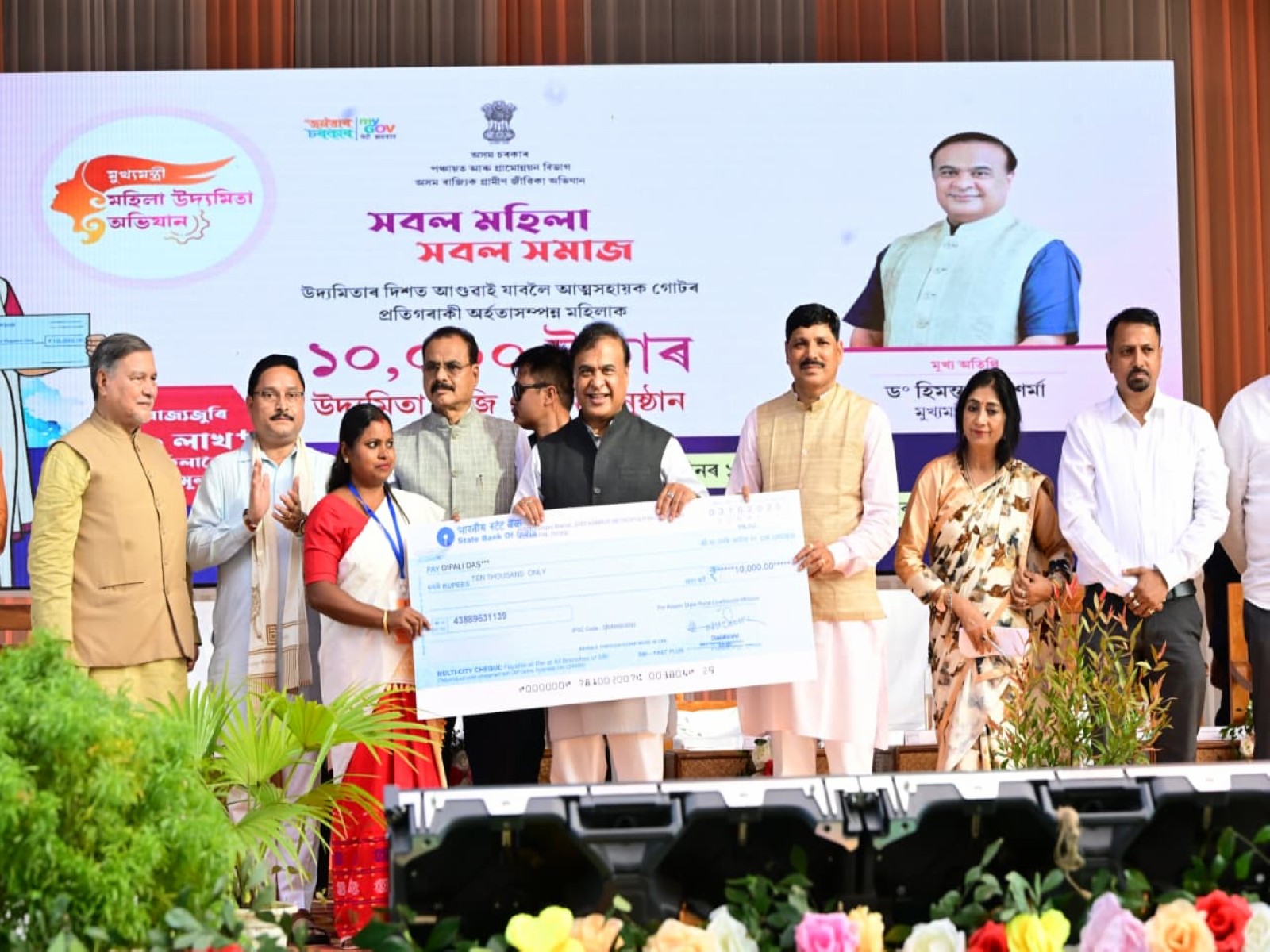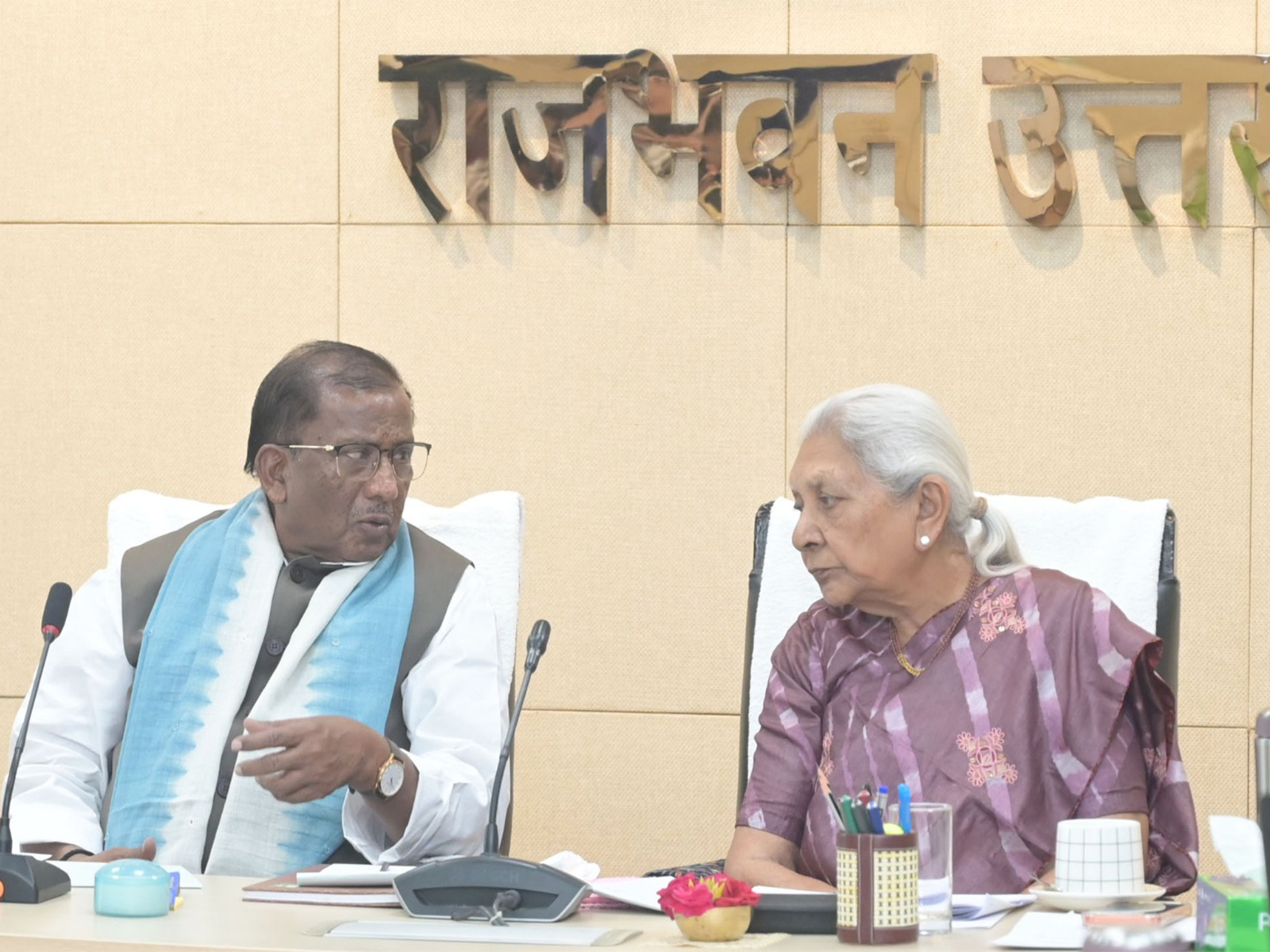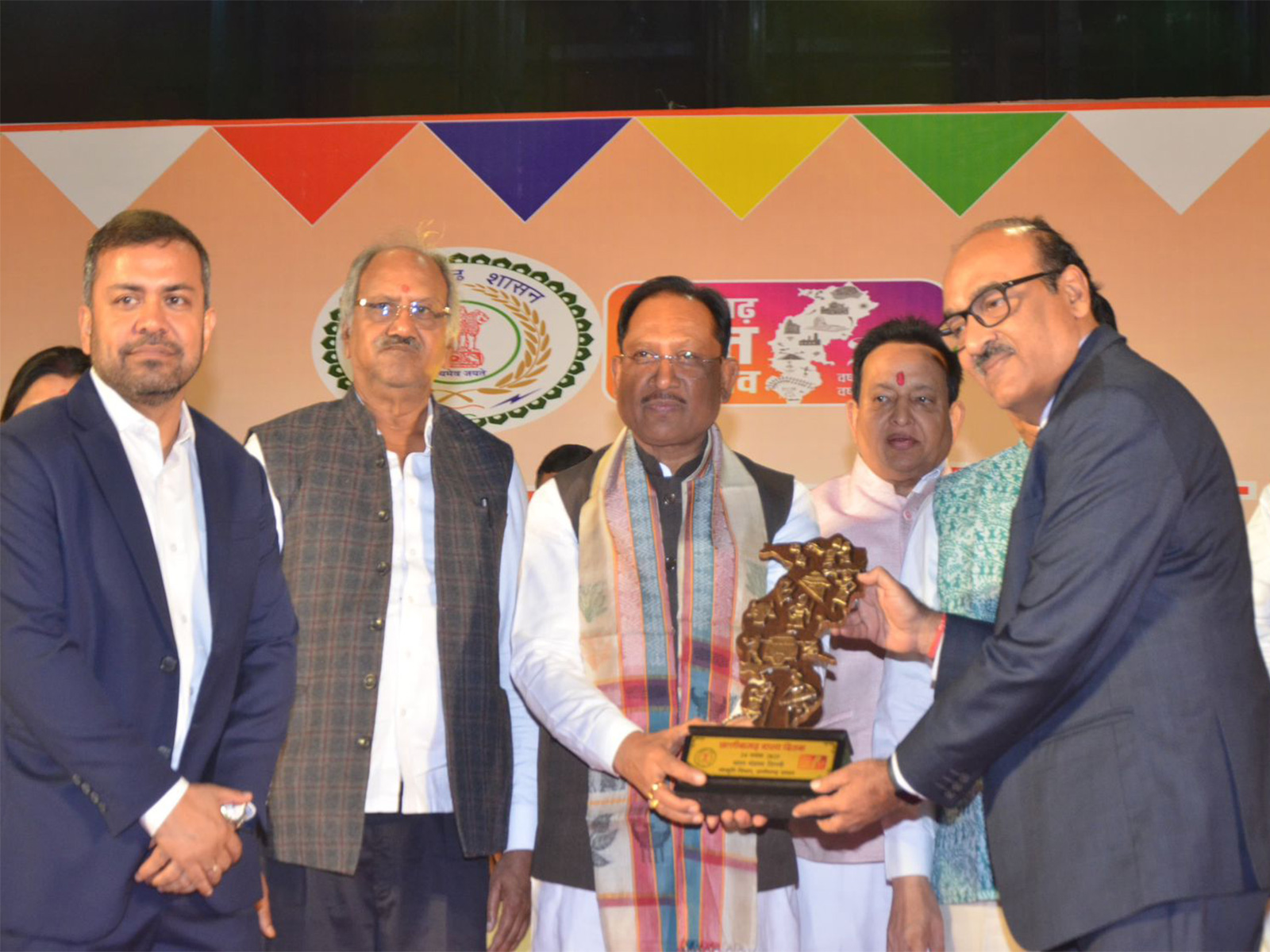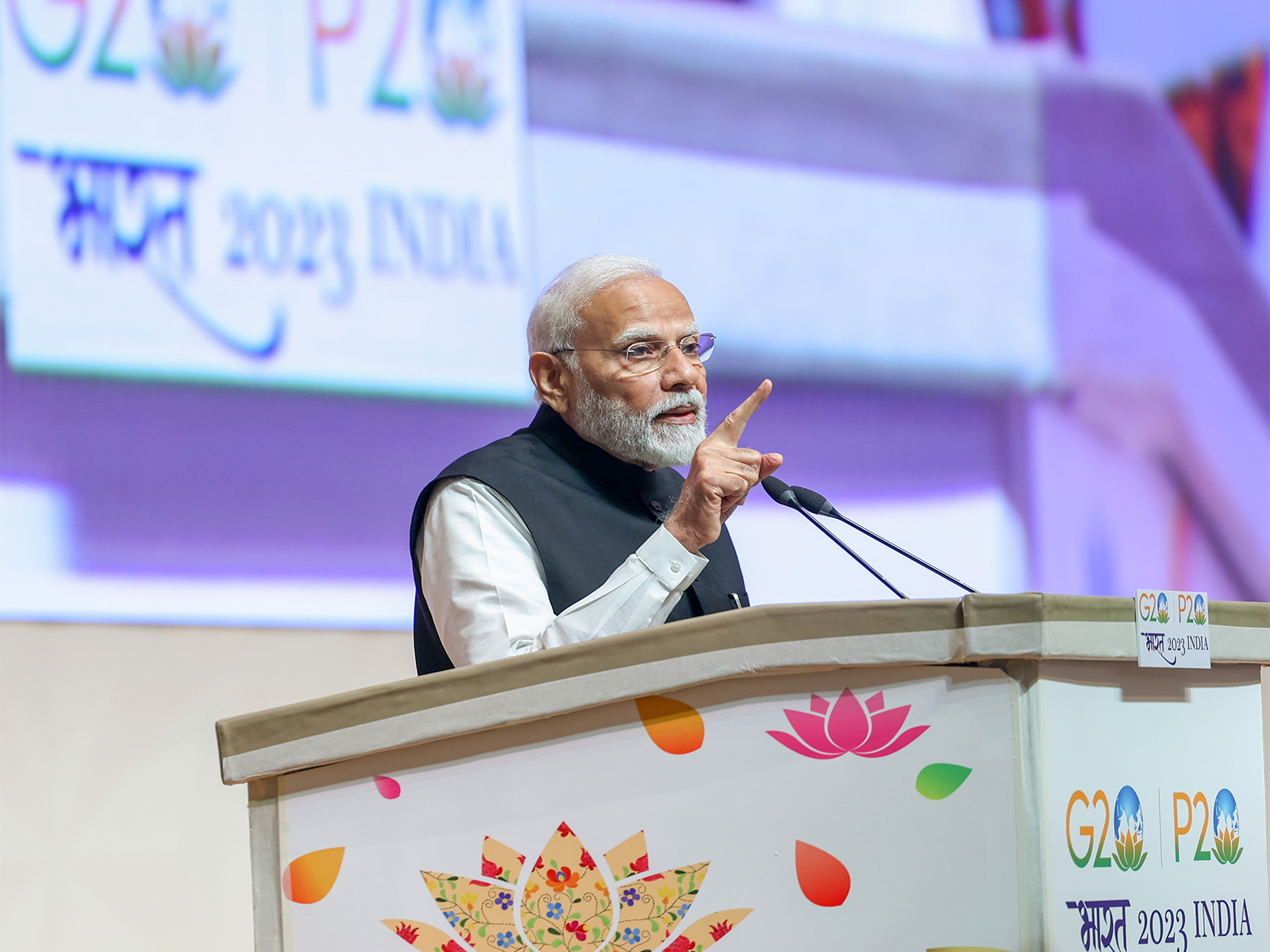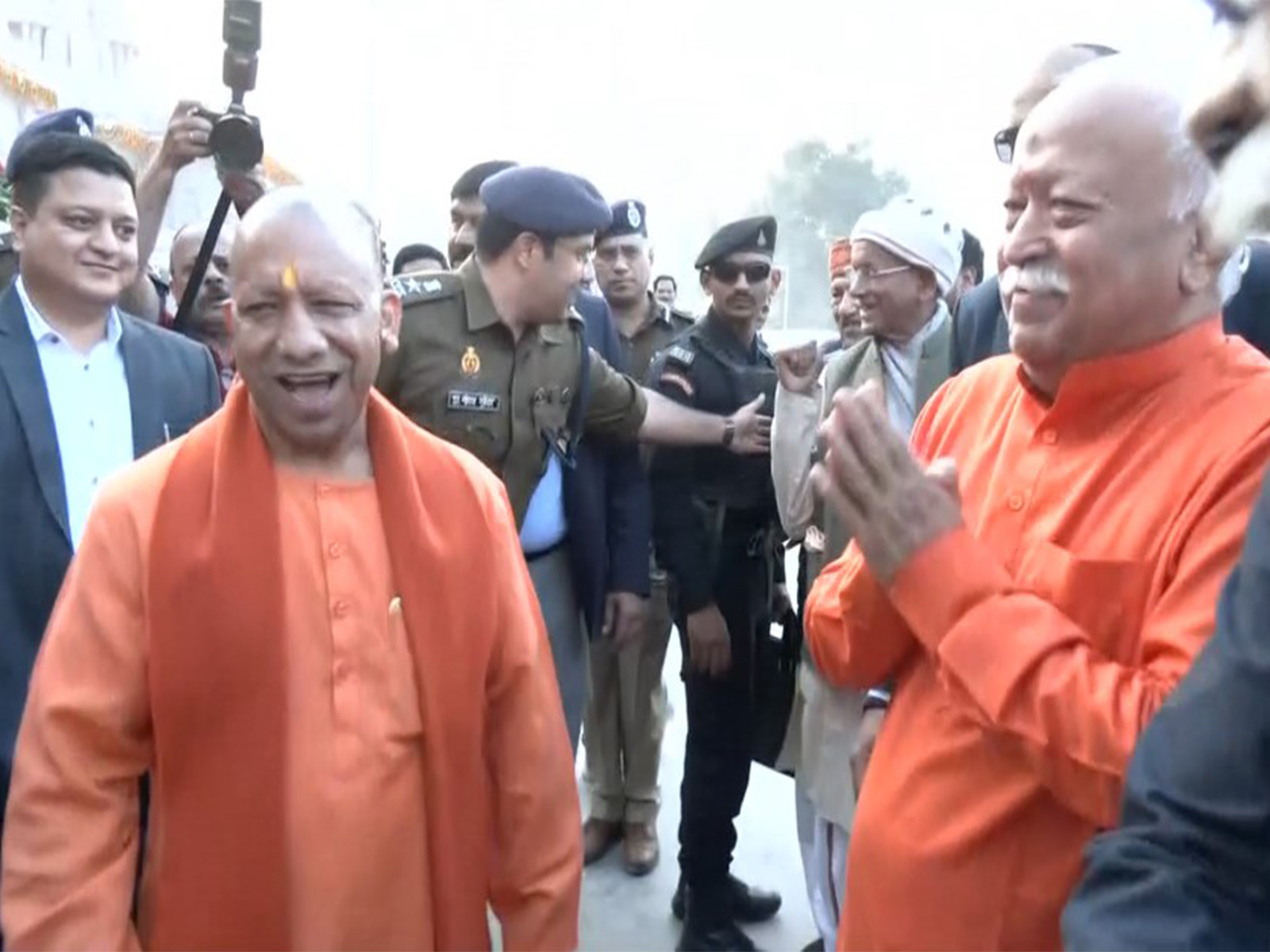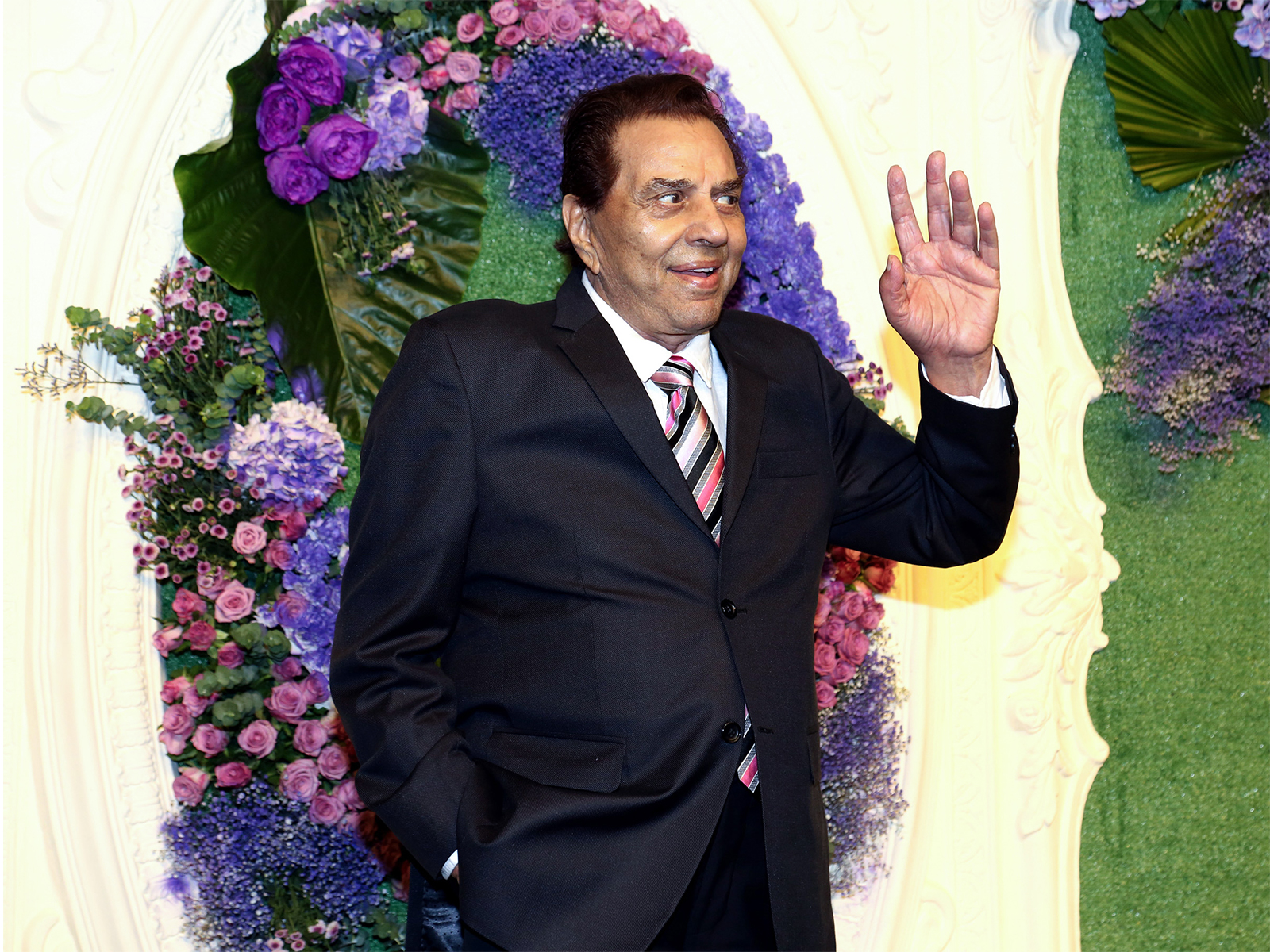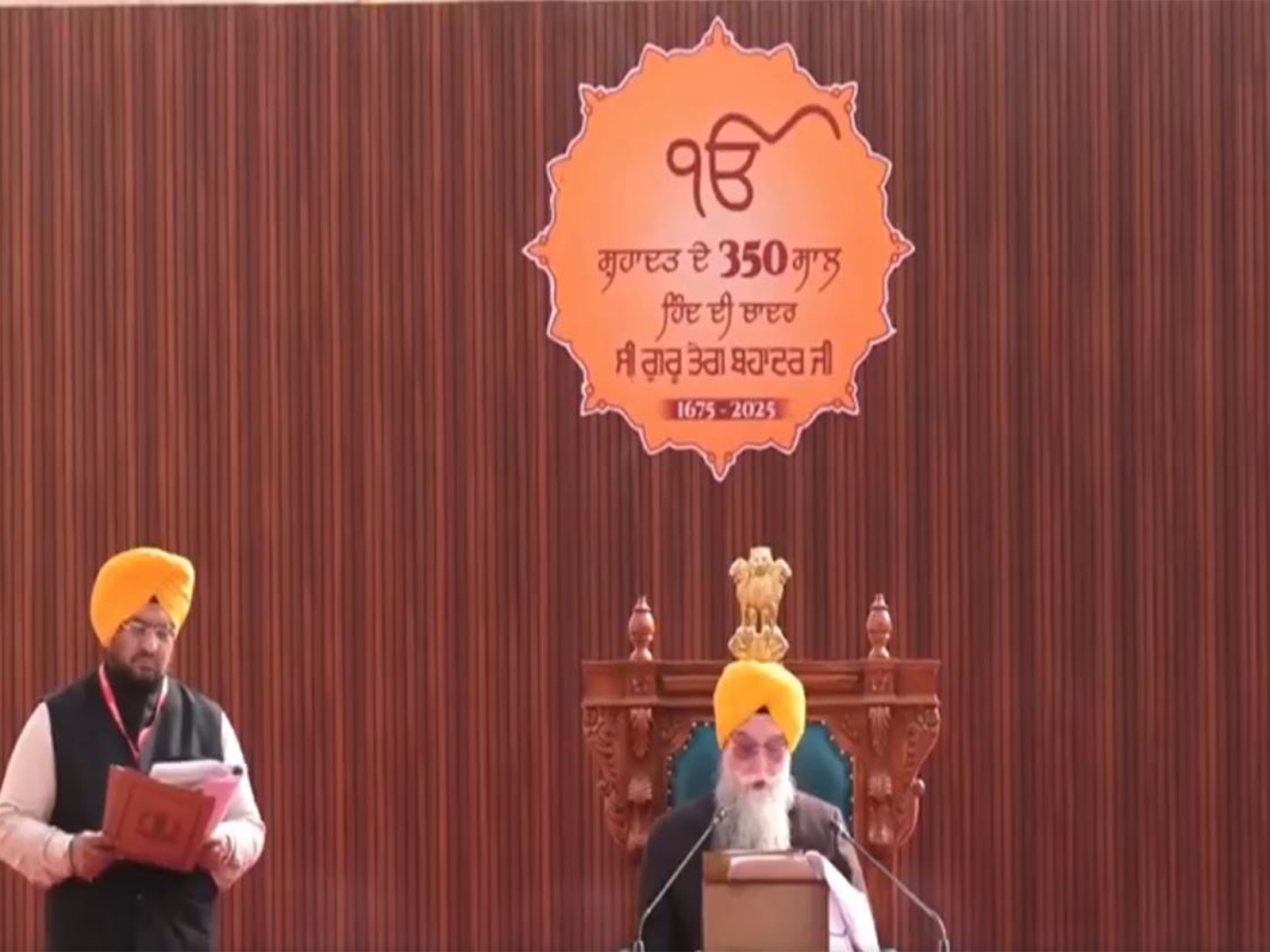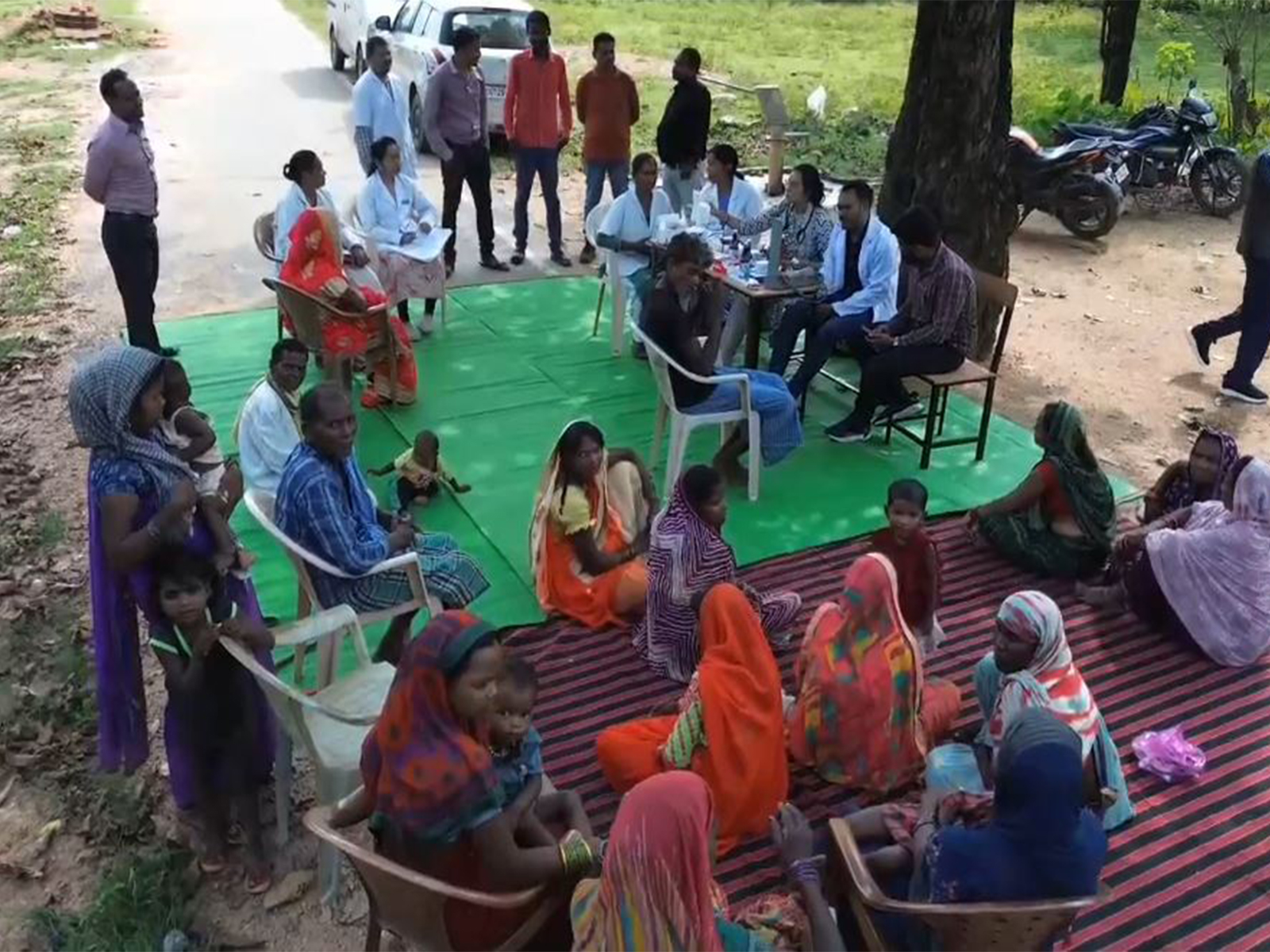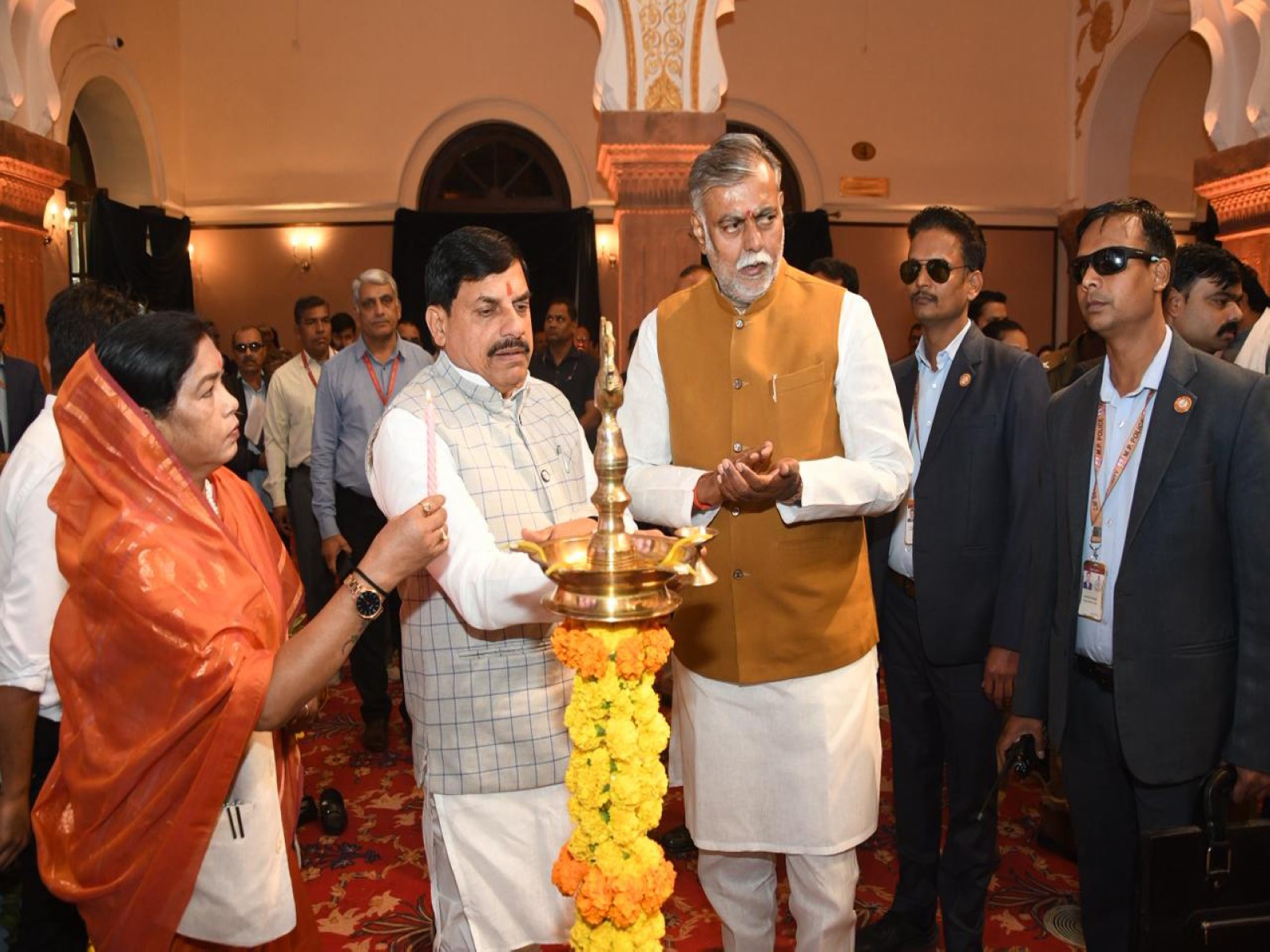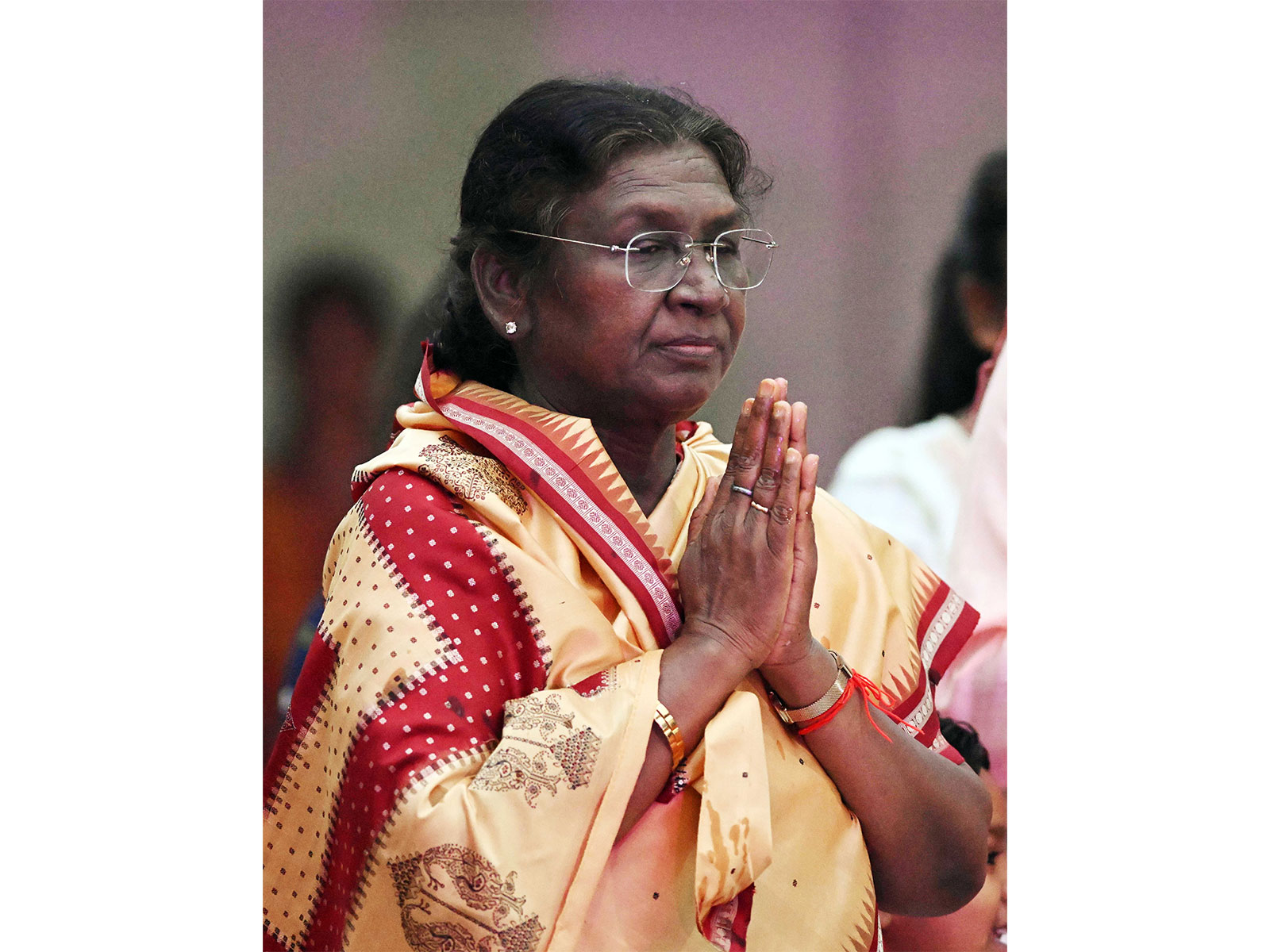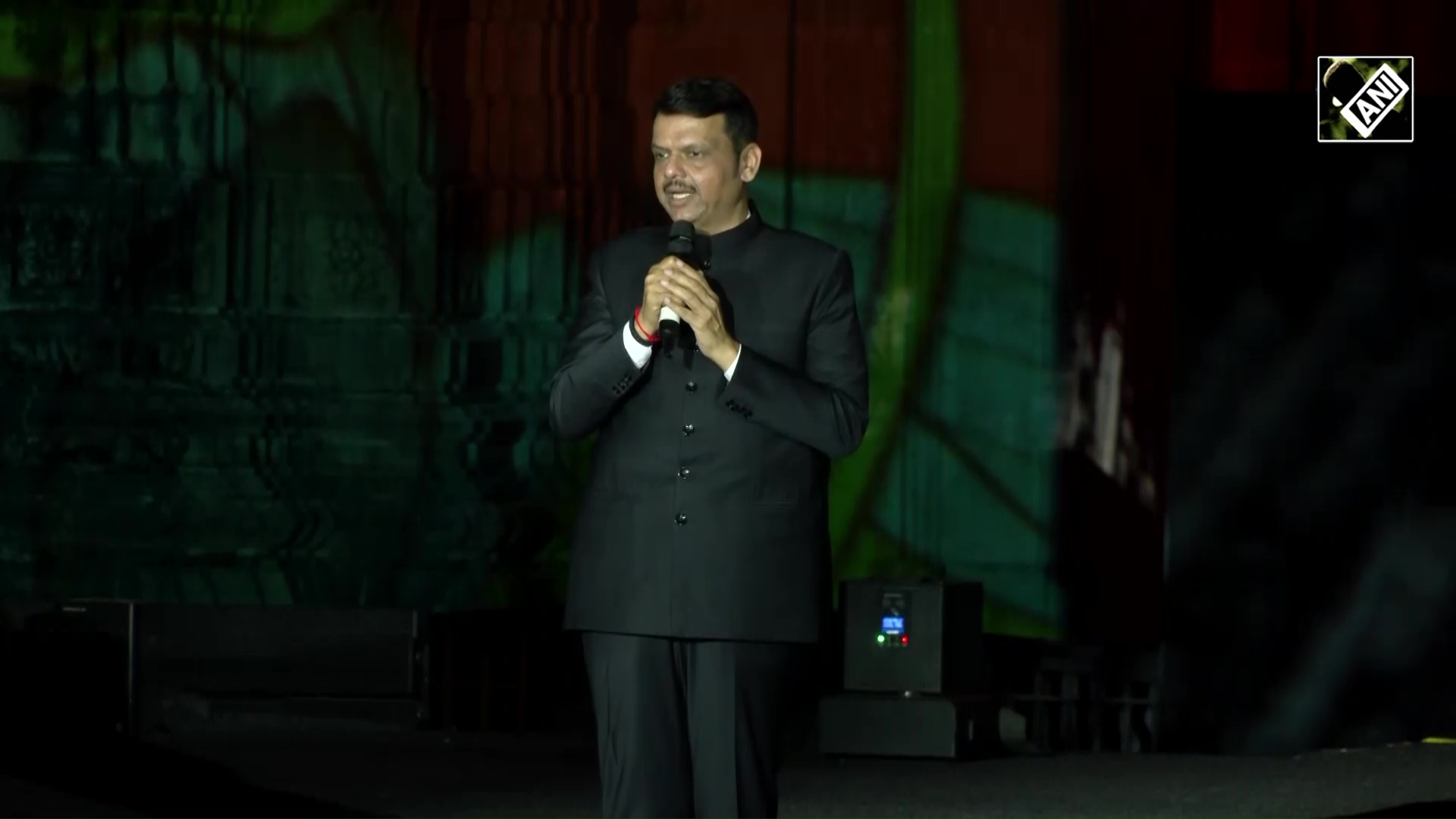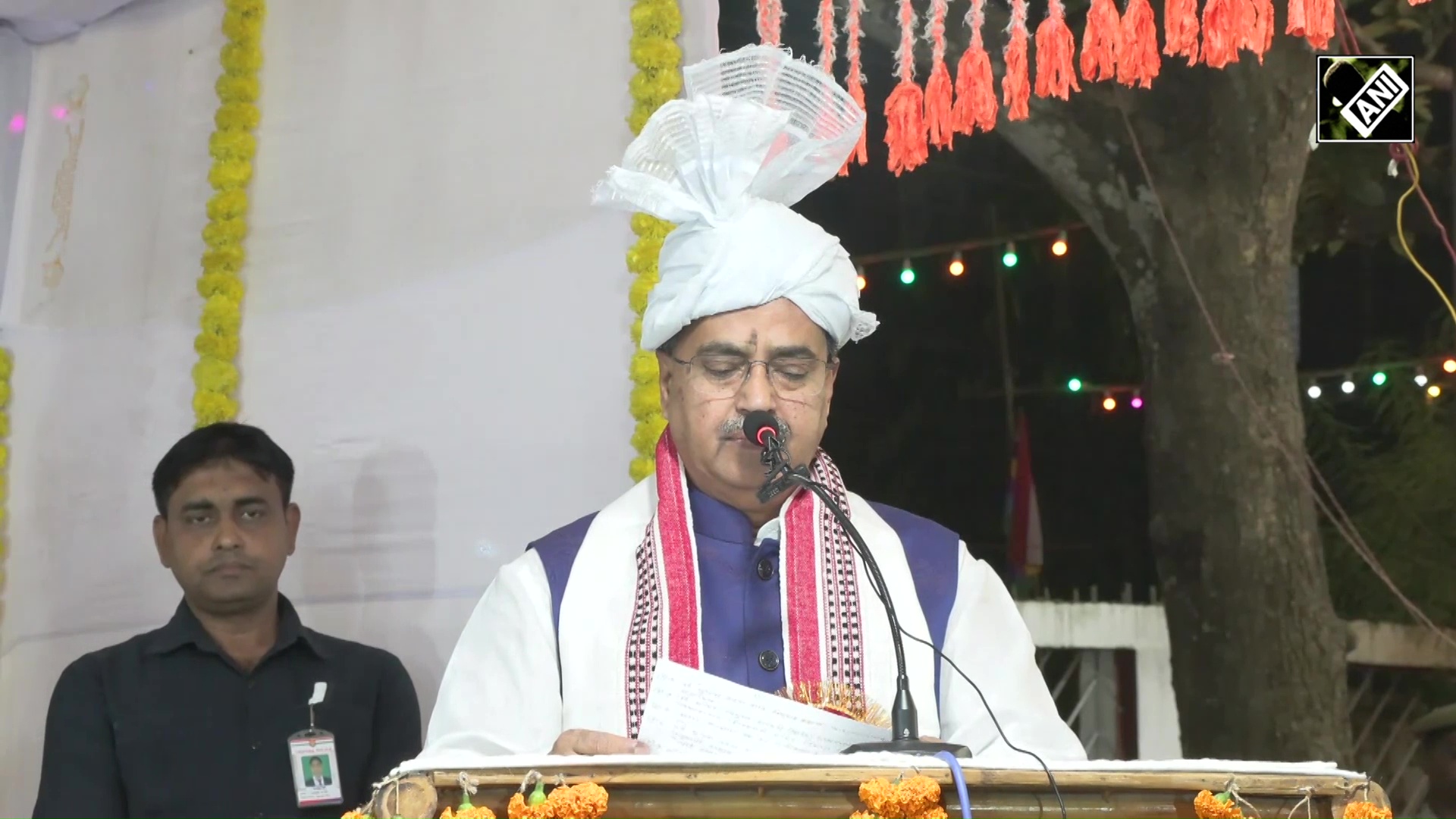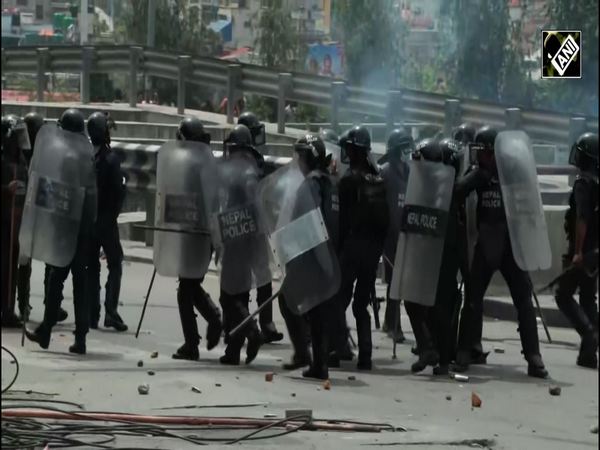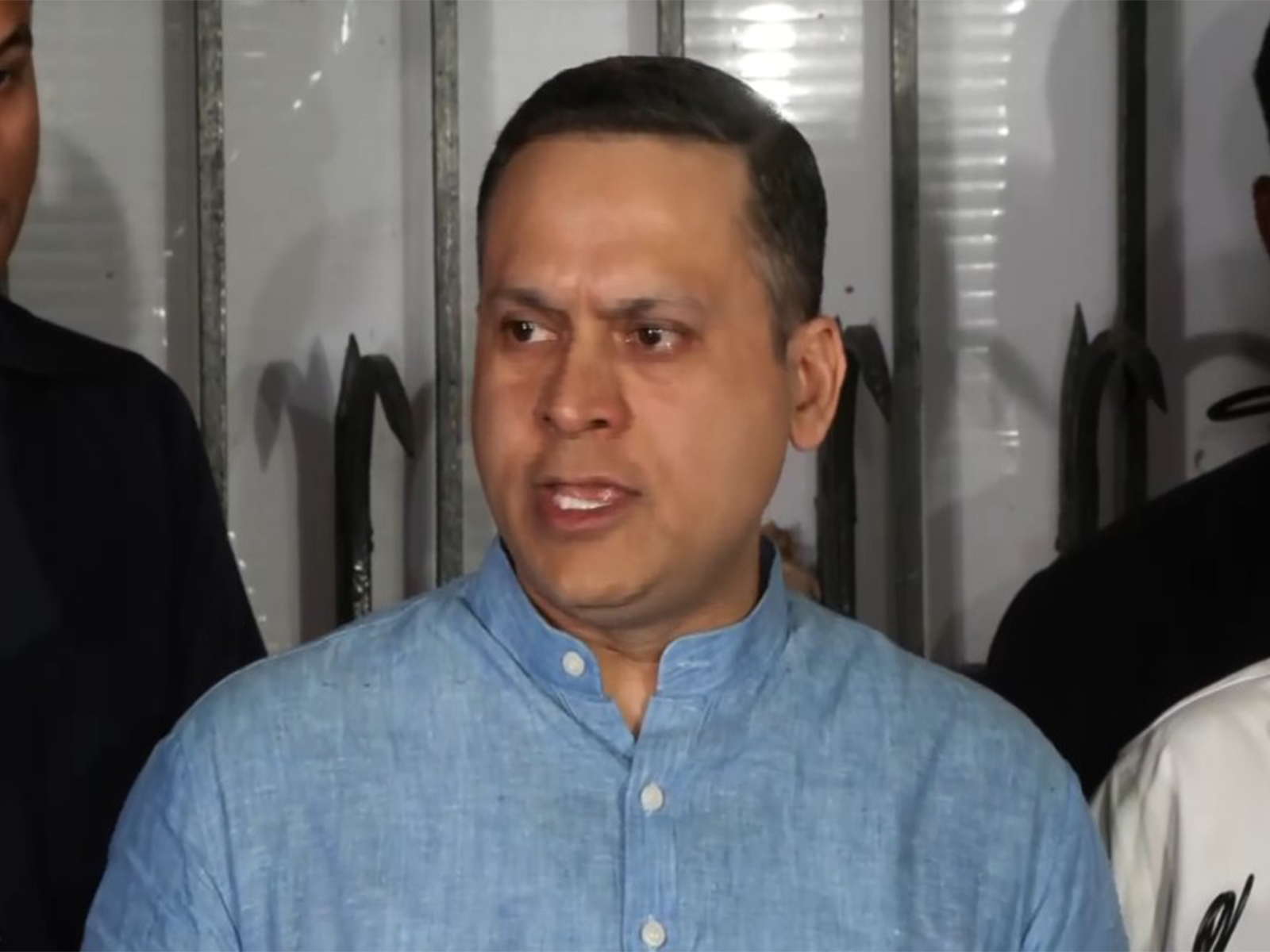
Amit Malviya hits back at Mamata Banerjee over her letter to CEC, questions her objections to RfP and polling station proposals
Nov 24, 2025
New Delhi [India], November 24 : BJP leader Amit Malviya on Monday criticised West Bengal Chief Minister Mamata Banerjee's letter to the Election Commission, in which she raised concerns over the issuance of an RfP for hiring contractual data entry operators and a proposal to set up polling stations in private residential complexes.
In his statement, Malviya accused Banerjee of raising "manufactured outrage" and asked her to first clarify how data entry operators and Bangla Sahyata Kendra (BSK) staff were hired under her government.
"While the CEC decides whether and when to respond to your screaming letters, you may first want to clarify the following," Malviya said in a X post.
He added, "It is astonishing that you are objecting to an RfP being issued for engaging DEOs. It is widely known that one of your politically contracted agencies has penetrated multiple government bodies, sits in official meetings, and routinely meddles in administrative decisions. There are even allegations that members of this very agency were quietly appointed as DEOs and BSK staff."
Malviya questioned the basis of Banerjee's objections and added that she should make the state's hiring process public.
"So before pointing fingers, please make public the process you used to select DEOs and BSK operators. If the CEO has issued an RfP today, he has done so exactly as per your own financial rules. You have no business screaming at him for following procedures created to ensure fairness and equal opportunity -- principles you have never demonstrated any respect for," he said.
Citing examples Bihar, Malviya said, "For the record, Bihar appointed DEOs through this exact mechanism, and other states are doing the same. So spare us the manufactured outrage."
On Banerjee's objection to the proposed polling stations in private housing complexes, Malviya said such arrangements existed elsewhere too.
"Secondly, any premises can be designated a polling station as long as it ensures ease of voting for all voters. Similar booths have been set up in high-rise buildings in Delhi and elsewhere. So why is it suddenly troubling you that the ECI is creating additional booths to make voting more convenient? No booths are being taken away from existing voters," he said.
He in his X post also asked Banerjee to clarify her objections. "So do explain: What exactly is upsetting you -- the increase in voting access, or the collapse of the narrative you're trying to build?"
Earlier, West Bengal Chief Minister Mamata Banerjee wrote to Chief Election Commissioner Gyanesh Kumar, raising concerns over what she described as "two disturbing yet urgent developments" related to election preparations in the state.
She urged the Commission to intervene immediately.
In her letter, Banerjee said, "I am constrained to write to you regarding two disturbing yet urgent developments that have been brought to my notice, and which, in my view, warrant your immediate intervention."
The first issue she raised was a "questionable" Request for Proposal (RfP) issued by the Chief Electoral Officer (CEO) of West Bengal.
According to her letter, "It has recently come to light that the CEO, West Bengal, has directed District Election Officers (DEOs) not to engage contractual data entry operators and Bangla Sahayata Kendra (BSK) staff for SIR-related or other election-related data work. Simultaneously, the CEO's office has floated a Request for Proposal (RfP) for hiring 1,000 Data Entry Operators and 50 Software Developers for a period of one year. This raises serious concerns."
In her letter to CEC, she questioned why such outsourcing was needed when district offices already had adequate staff.
"When district offices already have a substantial number of competent professionals performing such functions, what necessitates the CEO's initiative to outsource the same work through an external agency for a full year?" she wrote. "Traditionally, field offices have always hired their own contractual data entry personnel as per requirement. If there is an urgent need, DEOs are fully empowered to undertake such hiring themselves."
Banerjee further asked, "Why, then, is the CEO's office assuming this role on behalf of field offices? What substantive difference is expected in the service conditions or contractual obligations between those already engaged and those to be hired through the proposed agency? Is this exercise being undertaken at the behest of a political party to serve vested interests?"
She added, "The timing and manner of this RfP certainly raise legitimate doubts."
The second issue she highlighted was a proposal being considered by the Election Commission to set up polling stations inside private residential complexes.
In the letter, she said, "It has further been brought to my attention that the Election Commission is considering setting up polling stations within private residential complexes, and DEOs have been asked to provide recommendations. This proposal is deeply problematic."
She argued that polling stations must remain in government or semi-government buildings to ensure neutrality and equal access.
"Polling stations have always been -- and must remain -- located in government or semi-government institutions, preferably within a 2 km radius, to ensure accessibility and neutrality. Private buildings are typically avoided for clear reasons: they compromise fairness, violate established norms, and create discriminatory distinctions between privileged residents and the general public -- the haves and have-nots," her letter stated.
The West Bengal CM also questioned the motive behind the proposal, "Why is such a move being contemplated at all? Again, is this being done under pressure from a political party to advance their partisan interests? Why? Why? Why?"
She warned that the proposal could "have severe impact on the fairness of the electoral process".
In her letter, Banerjee also added, "I urge you to examine these issues with utmost seriousness, impartiality, and transparency. It is essential that the dignity, neutrality, and credibility of the Commission remain above reproach and are not compromised under any circumstances."
